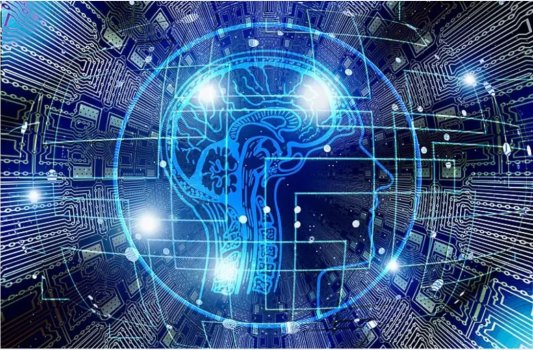The fourth technological revolution is associated with the era of AI applications. Providing corporations with multiple opportunities to distinguish themselves within a competitive business environment by allowing companies to utilize data they accumulate to improve business processes, products, and services. However, media coverage of the AI revolution has been characterized by a wealth of contradictory information and inflated expectations regarding how, and where, AI can be applied.
Managers and business stakeholders largely believe that AI will soon replace most professionals, instead of supporting them with specific tasks in which the machine has an advantage over the human. Moreover, AI applications are probabilistic in contrast to traditional software development where scope and deliverables are predefined. It is therefore essential for business managers to embrace uncertainty and support AI development with a hands-on approach in an experimental setting.
As of today, the AI technology stack has yet to evolve into a solid framework that incorporates standard design and development patterns, like with traditional software. Therefore, randomly selecting from the numerous options in this rapidly growing AI field without proper ownership, ill equipped decisions can lead to a heavy financial burden and a technical debt. A lack of leadership and human capital, specifically data scientists, makes it difficult to develop core competencies in this area. Many solutions may appear to make sense, but when tightly linked to a clear strategy, the better solutions quickly begin to rise to the top. In a comprehensive market review, leading American venture capital firm Andreessen Horowitz stated, that AI presents a new economic model, combining software and services in a way that is different from the familiar market economy of software and SaaS applications.
Continue reading: https://www.jpost.com/business-and-innovation/opinion/article-705622
Managers and business stakeholders largely believe that AI will soon replace most professionals, instead of supporting them with specific tasks in which the machine has an advantage over the human. Moreover, AI applications are probabilistic in contrast to traditional software development where scope and deliverables are predefined. It is therefore essential for business managers to embrace uncertainty and support AI development with a hands-on approach in an experimental setting.
As of today, the AI technology stack has yet to evolve into a solid framework that incorporates standard design and development patterns, like with traditional software. Therefore, randomly selecting from the numerous options in this rapidly growing AI field without proper ownership, ill equipped decisions can lead to a heavy financial burden and a technical debt. A lack of leadership and human capital, specifically data scientists, makes it difficult to develop core competencies in this area. Many solutions may appear to make sense, but when tightly linked to a clear strategy, the better solutions quickly begin to rise to the top. In a comprehensive market review, leading American venture capital firm Andreessen Horowitz stated, that AI presents a new economic model, combining software and services in a way that is different from the familiar market economy of software and SaaS applications.
Continue reading: https://www.jpost.com/business-and-innovation/opinion/article-705622

